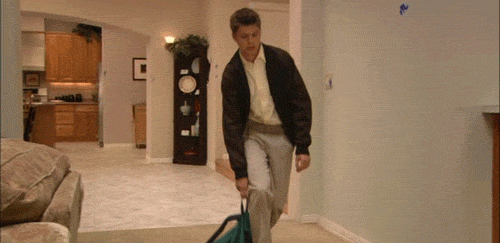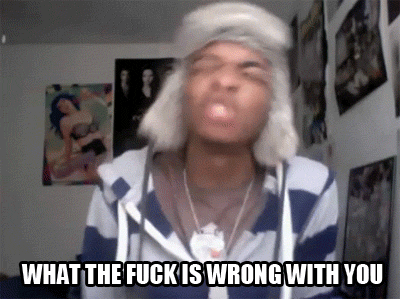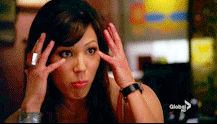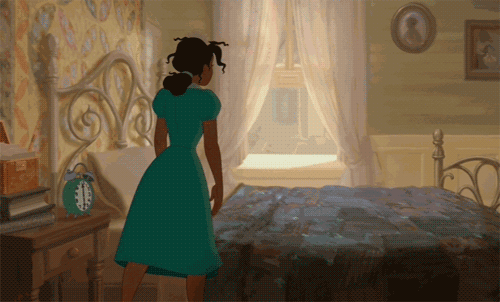The perspective of disability scholars is a novel idea for me. Reading about it definitely gave me a glimpse of what it was like to see the world from THEIR perspective, a perspective not colored by social influences and biases. As therapists (in my case, a soon-to-be-therapist), it has been emphasized to us right from the get-go that part of what we do is to advocate for the welfare of these persons with disabilities… or so we’ve come to call them. But the thing that I’ve realized now is that maybe, they do not need advocating in the first place. Disability scholars are all about empowering PWDs in a sense that it is not they who needs to change but the environment around them. They are not the ones disabled but the society in which they live, a society that sees people like them as different than regular people. For them, their disabilities are not something to be highlighted or something to be seen as special. They see their disabilities as an attribute, something as natural as you being a blonde or a brunette, or being right or left handed. To automatically assign some kind of special value to them just because they have a disability, we may unknowingly further encourage the misconceptions that society has stacked against them. Having a disability does not make them any less of a person and we should not treat them as such. They may have different needs but in essence, they are still real people with real problems, and real potentials… just like you and me.
THE OTHER SISTER further reinforces this idea in my head. In that scenario, society is just like Elizabeth Tate. We give these people with disabilities all the affordances and all the considerations because in our most basic thoughts, we think they are incapable of doing these tasks at the same level as regular people do. Shouldn't they be given the benefit of the doubt, first? We seem to be so stuck with this image, this stereotype about PWDs that we fail to see the person behind the disability. We tend to highlight the DISABILITY instead of the ABILITY, when, in fact, it’s their abilities that matter. I was struck with the way Carla Tate was able to make her mom understand that she is her disability. It was a part of her and that it was wrong of her mother to think that it makes her any less of who she is. Carla sees pride in her disability and, I guess that’s something we can all learn from. They can take care of themselves, they can love, and they can live, just like the rest of us so why should they be treated differently? Do they not deserve the kind of treatment we afford other people without a disability as well? The truth is, it is the rest of society that boxes them in with all the negative perceptions about people with disabilities. Last Disability Week, I saw some slogans about PWDs, some were about not letting their disabilities to define them. But maybe, that’s just it. In order for us to help them empower themselves, maybe it’s not about letting their disabilities define them but BREAKING all these standing definitions and creating new ones, better ones… to come up with definitions that can be a source of pride for them, something to build their self-image, something to reinforce their dignity as a human being instead of something that they need to hide from the rest of the world.














